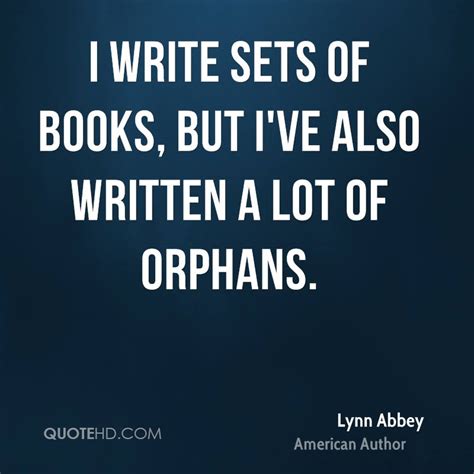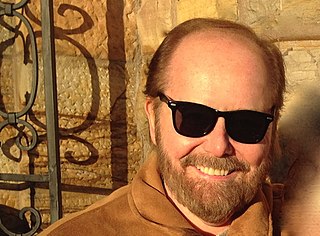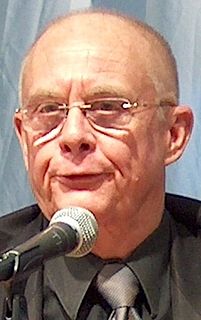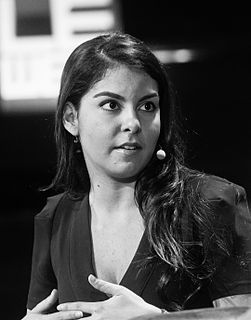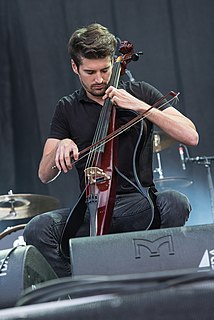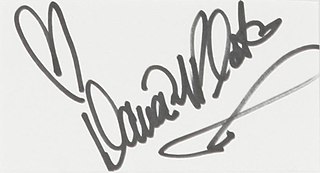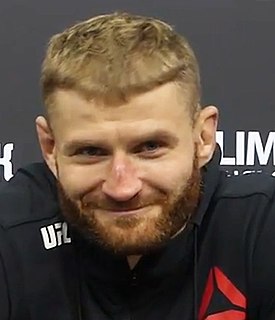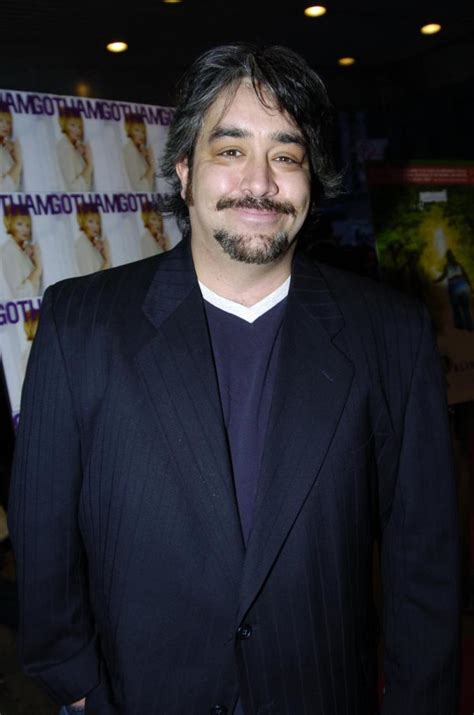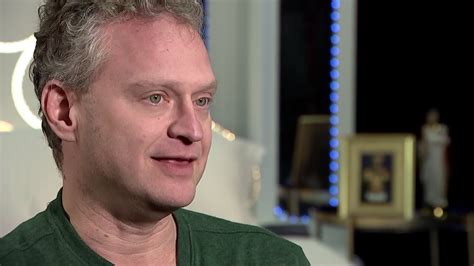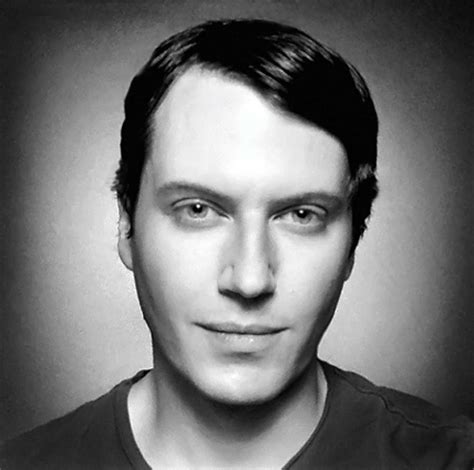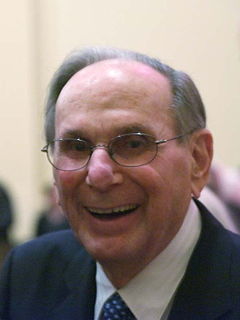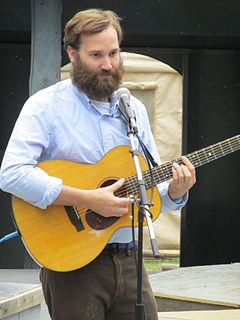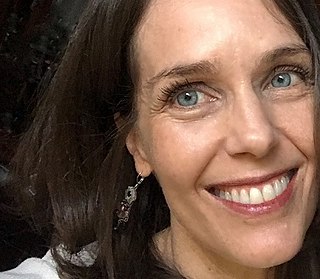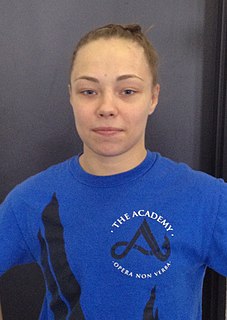Top 1200 Learning How To Write Quotes & Sayings - Page 3
Explore popular Learning How To Write quotes.
Last updated on November 24, 2024.
In terms of the economics, yes obviously the rise of e-books and how people choose to read books has a big effect on the economics of the game. But whether people are buying them on paper or downloading them there's still some poor wretch in a room who is trying to write a poem, write a story, write a novel. And so my job doesn't change. It's just how people receive it and economic conditions on the ground change, but that doesn't affect what I write.
When you realize my best selling books are 'Owl Moon,' the 'How Do Dinosaur' books, and 'Devil's Arithmetic,' how can the public make sense of that! I have fans who think I only write picture books or only write SF and fantasy. I have fanatics of my poetry and are stunned to find out I write prose, too!
Oh how swiftly the glory of the world passes away! If only the lives of these men had been as admirable as their learning, their study and reading would have been to good purpose! But how many in this world care little for the service of God, and perish in their vain learning. Because they choose to be great rather than humble, they perish in their own conceit.
Writing is a weird thing because we can read, we know how to write a sentence. It's not like a trumpet where you have to get some skill before you can even produce a sound. It's misleading because it's hard to make stories. It seems like it should be easy to do but it's not. The more you write, the better you're going to get. Write and write and write. Try not to be hard on yourself.
I think we create our own reality by the thoughts we have. Recovery for me has been learning how to choose my thoughts, learning how to listen to my thinking and not choose the negativity. I don't have fights with people in supermarkets anymore. I honestly thought for years that my rage was who I was, that people who didn't think the way I thought were lying to themselves.
One of my relatives had been asking me on how he could break into AI. For him to learn AI - deep-learning, technically - a lot of facts exist on the Internet, but it is difficult for someone to go and read the right combination of research papers and find blog posts and YouTube videos and figure out themselves on how to learn deep-learning.
So you have the challenge of just learning the lines, period, and not only learning them, but learning them to the extent that you assimilate them, so that you're not worried about what the next word is coming out of your mouth when it comes to doing a scene. And you're also in the trenches with the writers, just in the wonderful kind of back and forth of how is it best to say something, even if it involves four or five words. I love that kind of thing.
I am not an evangelist. I am not a preacher. I am a musician. That is what I know how to do. I know how to write songs. I know how to write things that relate to my heart. I feel that I talk about God in every song, in everything I do - all of it! I really do not know how to respond. I do not relate to that.
I don't have an audience in mind when I write. I'm writing mainly for myself. After a long devotion to playwriting I have a good inner ear. I know pretty well how a thing is going to sound on the stage, and how it will play. I write to satisfy this inner ear and its perceptions. That's the audience I write for.
Being a successful couple was learning what you were willing to compromise on, and what you weren't; learning when to stand your ground, and when to give it up; what was truly important enough to fight over, and what was just you being pissy. You learned each other's hot buttons, the places that hurt, or angered, when you pressed them. Love makes you learn where all the pitfalls are, and how to avoid them, or how to set them off.
How can I look back and not speak of the stupid learning about birth? Of the stupid learning that people make love, and how it seemed the reason for all things, the intimacy of my wondering, the illumination that to an adolescent was the cause for life around me, the reason why the unhappy people I knew did not kill themselves?
If a Chinese student does not know Chinese learning, it's like a person without a surname, a horse without a bridle, a boat without a helm. The more Western learning he possesses, the more hateful of China he will become. Even if he becomes a capable man of vast learning, how can he be of any use to the state?
In 'Chappie,' you see this sort of young robot that's learning through maybe 'deep learning' how to see the world really, look out into the world, and learn step by step. What's so interesting is that with 'Chappie,' you're getting to see how human behavior reacts to artificial intelligence, and I don't think it's always going to be positive.
I put a lot of pressure on myself to figure out what to say and, lately, I've started trying to work through things in my head. Before, I wouldn't trust my instincts or what I wanted to say and I really struggled with what I wanted to say. I guess it's just the classic case of writer's block and learning how to work through that. I'm slowly learning how.
Pop songs are not as graceful as they used to be. Performers today haven’t gone through the regimen of learning how to write. And of course, everyone wants to own copyrights. Rap culture is interesting and different and has purpose, but it has a non-romantic view of life and of social feelings. There may be a void in that.
There is first the problem of acquiring content, which is learning. There is another problem of acquiring learning skills, which is not merely learning, but learning to learn, not velocity, but acceleration. Learning to learn is one of the great inventions of living things. It is tremendously important. It makes evolution, biological as well as social, go faster. And it involves the development of the individual.
You're always learning as an actor... anything you do is a learning experience. It's the same whether you're doing film or TV, you have to do the part to the best of your ability, no matter how big or small the role. It's as simple as that, really. But every bit of work you do is a learning experience - which is the same, I guess, for people in whatever job they do. But with acting, it's also fun to be able to explore different characters and emotions.
The easiest way to separate yourself from the unformed blobby mass of "aspiring" writers is to a) actually write and b) actually finish. That's how easy it is to clamber up the ladder to the second echelon. Write. And finish what you write. That's how you break away from the pack and leave the rest of the sickly herd for the hungry wolves of shame and self-doubt. And for all I know, actual wolves.
